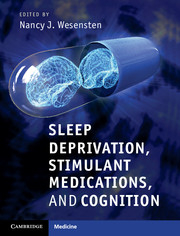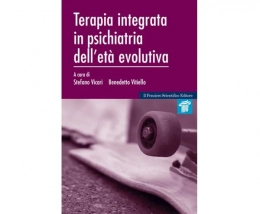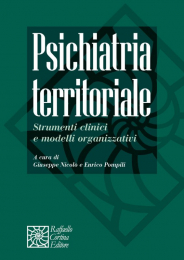Non ci sono recensioni
Sleep Deprivation, Stimulant Medications, and Cognition provides a review, synthesis and analysis of the scientific literature concerning stimulant medications and neurobehavioral performance, with an emphasis on critically evaluating the practical utility of these agents for maintaining cognitive performance and alertness in sleep-deprived (but otherwise healthy) individuals. The book explores the nature of sleep loss-induced cognitive deficits, neurophysiologic basis of these deficits, relative efficacy and limitations of various interventions (including non-pharmacological), and implications for applying these interventions in operational environments (commercial and military). Readers of this volume will gain a working knowledge of: • Mechanisms contributing to sleep loss-induced cognitive deficits • Differential effects of stimulant compounds on various aspects of cognition • Considerations (such as abuse liability) when applying stimulant interventions in operational settings • Current state and future directions for including stimulants in comprehensive fatigue-management strategies. This text is key reading for researchers and trainees in sleep and psychopharmacology.
- Includes in-depth reviews of modafinil and caffeine's effects on cognitive performance under various sleep-loss scenarios
- Provides reviews of alternatives to stimulants (such as slow-wave sleep enhancement) for maintaining cognitive performance
- Contains an in-depth, evidence-based review of stimulant abuse liability and use of stimulants for 'cognitive enhancement' under non-sleep-deprived conditions
- Facilitates head-to-head comparisons of different stimulants and interventions
- Provides 'one-stop shopping' for in-depth information on stimulant effects on cognition
-
Table of Contents
Foreword: sustaining cognitive performance: a modern imperative David Dinges
Part I. Basic Mechanisms: Cognitive Performance and Sleep:
1. The true nature of sleep loss-Induced 'neurocognitive performance deficits' – a critical appraisal Thomas J. Balkin
2. Using fMRI to study cognitive function and its modulation in sleep deprived persons – a selective overview Michael W. L. Chee and Su Mei Lee
3. The neurochemistry of cognitive impairment following sleep loss Robert E. Strecker and James T. McKenna
4. The genetic basis of individual vulnerability to sleep loss Phillip J. Quartana and Tracy L. Rupp
Part II. Stimulant Reversal of Cognitive Deficits:
5. Modafinil reversal of cognitive deficits during sleep loss Nancy J. Wesensten
6. Utility of caffeine: evidence from the laboratory Michael H. Bonnet and Donna L. Arand
7. Caffeine: mechanism of action, genetics and behavioural studies conducted in task simulators and the field Christina E. Carvey, Lauren A. Thompson, Caroline R. Mahoney and Harris R. Lieberman
8. Stimulants in models of shift work and shift work disorder Jonathan R. L. Schwartz and Aaron M. Henley
9. The potential for abuse of stimulants in chronically sleep-restricted populations Emma Childs and Harriet de Wit
10. Cognition enhancers versus stimulants Megan St Peters and Martin Sarter
11. Novel pathways for stimulant development: the histaminergic system John J. Renger
12. Novel pathways for stimulant development: the hypocretin/orexin system Ravi K. Pasumarthi and Thomas S. Kilduff
Part III. Alternatives for Sustaining Cognitive Performance During Sleep Loss:
13. Light exposure for improving cognition during sleep loss and circadian misalignment Kenneth P. Wright, Jr, Tina M. Burke and Mark R. Smith
14. Nutritional countermeasures for cognitive performance decrements following sleep deprivation Caroline R. Mahoney and Harris R. Lieberman
15. The role of alertness monitoring in sustaining cognition during sleep loss Melissa M. Mallis and Francine O. James
16. Sustaining neurobehavioral performance on less sleep: is SWS enhancement the key? Janine M. Hall-Porter and James K. Walsh
Part IV. Summary and Conclusions:
17. Use of stimulants in operational settings: issues and considerations Nicholas Davenport, Cheryl Lowry and Brian Pinkston
18. Fatigue management: the art of the state Tracy L. Rupp, Nancy J. Wesensten and Thomas J. Balkin.




